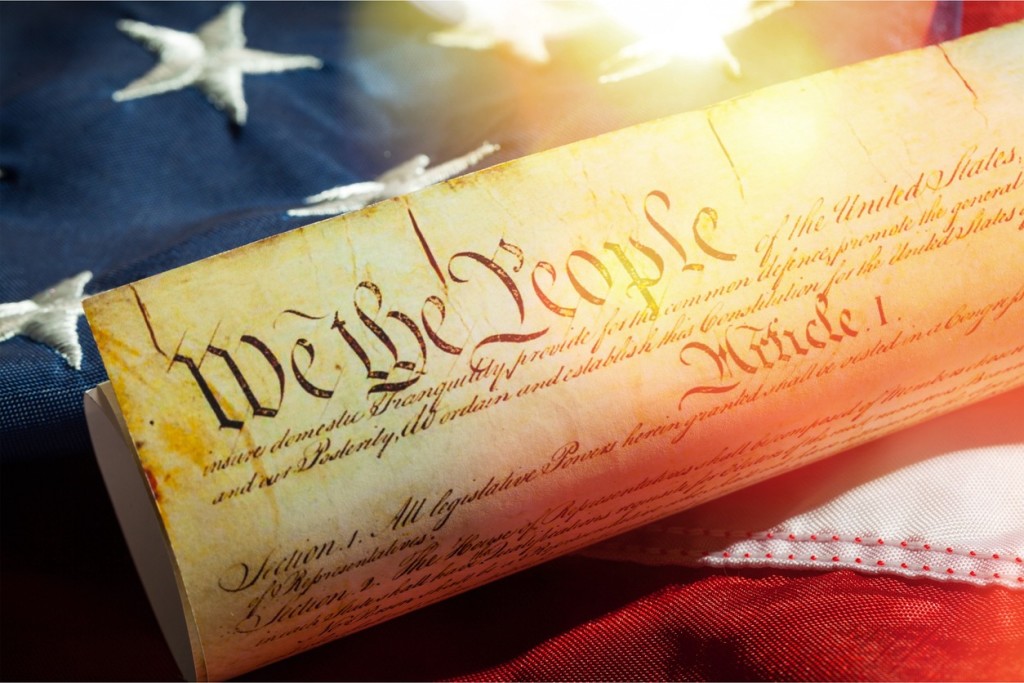There are many crucial things that are directly linked to our economy that are in desperate need of reinvestment and repair. Most would agree with that statement, but the all-important question remains: how do we pay for it?
America has a social contract with her citizens. In essence, the government creates and enables a system in which we have a right to life, liberty, and the pursuit of happiness. In return, we obey the laws of the land and pay our taxes to ensure that the government has what it needs to run and secure our ongoing prosperity.
At times, we find that our needs as a nation don’t match the income generated by federal taxes. This creates a deficit in the budget that needs to be filled. One popular solution to this problem is to raise taxes on the wealthiest Americans to make up for the shortfall. However, there is obvious pushback on this idea.

This morning, former SEC Chair Jay Clayton and I joined CNBC’s Squawk Box to discuss the issue of taxing the wealthy to meet our financial goals and begin making the necessary investments and repairs needed in different sectors.
No one likes getting a tax bill, but the wealthiest among us to understand that paying their fair share or even a little more than usual during times of reset and recovery is not a zero-sum game. In fact, they will see that their contribution will help spur the economy and ensure our collective prosperity for years to come.
Lastly, a crucial element in rebuilding our economy will be investments in infrastructure. Yes, we must rebuild our nation’s bridges and highways. But more importantly, we need to invest in the human element of our infrastructure. We are our nation’s greatest asset, and we must begin prioritizing internships, apprenticeships, and training programs for all to boost the value of our human capital.
Watch the segment above and let me know your thoughts in the comments below. Then follow me on Twitter at @johnhopebryant and let me know that you watched. I’d love to hear from you.
Until next time.
